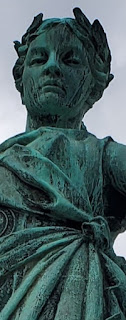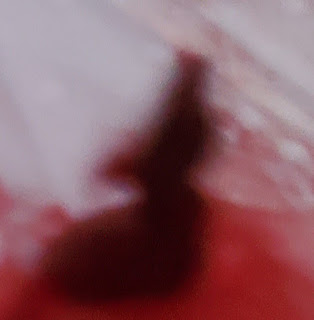MY REVELATION 12 LOTR ETC.CASTLE IN MY HOMETOWN IS STILL HAPPENING.SEALED. SAKIEMLAYECHID.SAKIYECHID.SKIEMLAYECHID.SAKIEMLAYECHID.








A SEXUALLY-BROKEN HYMEN IS NOT ALLOWED.
Earthquakes Ciburial..."*NO.TO ANY:CHRIST IRIS BURIAL IRIS NOAH DOOR NOAH
EVE II SION:SAVIOUR IRIS OMEGA NOAH ALPHA:*GOD TOLD U THAT I AM NOT DEAD, *AND THAT I WILL NOT EVER BE DEAD AS WHO IAM ETERNALLY SEALED IN AS. *TIMES EVERY DIRECTION AND EVERY PLACE. *TIMES INFINITY.




"I AM THEE WOMAN."THIS MIRACULOUS HEBREW EVERLASTING MARRIAGE BLOOD COVENANT IS OF WHO IAM STANDING ON THE REVELATION 12 LOTR ETC.CLIFF'S EDGE:MOON."LOTR ETC.

🛫



A SEXUALLY-BROKEN HYMEN IS NOT ALLOWED.
*I AM THE ROSE SPOKEN OF IN THE REVELATION 12 LOTR ETC.PROPHECIES&GOD MADE A MIRACULOUS PICTURE OF MY SELF IN THIS ROSE.
*I AM REPRESNTED BY:THE ROSE.
*I AM LIKENED UNTO:MARY MAGDELENE.
*I AM REPRESNTED BY:THE ROSE.
*I AM LIKENED UNTO:MARY MAGDELENE.
Earthquakes Ciburial..."*NO.TO ANY:CHRIST IRIS BURIAL IRIS NOAH DOOR NOAH
EVE II SION:SAVIOUR IRIS OMEGA NOAH ALPHA:*GOD TOLD U THAT I AM NOT DEAD, *AND THAT I WILL NOT EVER BE DEAD AS WHO IAM ETERNALLY SEALED IN AS. *TIMES EVERY DIRECTION AND EVERY PLACE. *TIMES INFINITY.
*GOOGLE....." IS/ARE TRYNG TO LU-LOO-LOU BURY WHO IAM FOR A LUCIFEREAN REPLACEMENT COUPLE.
*THEY ARE NOT ANYONE THAT THIS IS ABOUT...."IN ANY WAY THAT THEY EVER WANTED TO KNOW ABOUT






Exodus 20:14 Context
11For in six days the LORD made heaven and earth, the sea, and all that in them is, and rested the seventh day: wherefore the LORD blessed the sabbath day, and hallowed it. 12Honour thy father and thy mother: that thy days may be long upon the land which the LORD thy God giveth thee. 13Thou shalt not kill. 14Thou shalt not commit adultery. 15Thou shalt not steal. 16Thou shalt not bear false witness against thy neighbour. 17Thou shalt not covet thy neighbour's house, thou shalt not covet thy neighbour's wife, nor his manservant, nor his maidservant, nor his ox, nor his ass, nor any thing that is thy neighbour's.

17 When Abram was ninety-nine years old, the Lord appeared to Abram and said to him, “I am [a]Almighty God; walk before Me and be blameless. 2 And I will make My covenant between Me and you, and will multiply you exceedingly.” 3 Then Abram fell on his face, and God talked with him, saying:4 “As for Me, behold, My covenant is with you, and you shall be a father of [b]many nations. 5 No longer shall your name be called [c]Abram, but your name shall be [d]Abraham; for I have made you a father of [e]many nations. 6 I will make you exceedingly fruitful; and I will make nations of you, and kings shall come from you. 7 And I will establish My covenant between Me and you and your descendants after you in their generations, for an everlasting covenant, to be God to you and your descendants after you.8 Also I give to you and your descendants after you the land in[f] which you are a stranger, all the land of ISRAEL an everlasting possession; and I will be their God.”





